Case Studies, Toxicology, Microplate Evaporators
/ David Oliva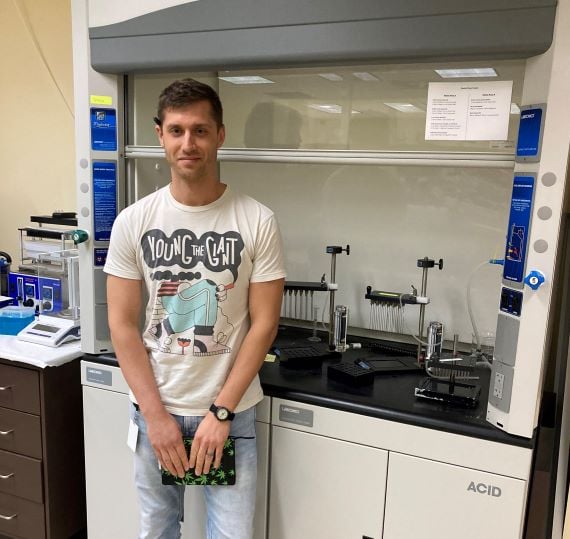
Following the Laboratory Products Association annual meeting, Organomation's General Manager, David Oliva, visited Physicians Toxicology in Tampa, Florida. Physicians Toxicology is a CLIA certified clinical laboratory which focuses primarily on drug screening through urine analysis. The organization was previously listed on INC's list of the 5,000 fastest growing companies and has a second location in Michigan.
The Tampa Bay toxicology lab has a blowdown station which features two Organomation MICROVAPs. These benchtop evaporators are incredibly flexible because they allow the technicians to dry down both micro-well plates and microcentrifuge tubes.
Medical Technologist Nicholas Troyer noted that these microplate evaporators were installed five years ago and run all day, every day. He enjoys being able to see the volume of contents within the test tube as it makes the concentration process much easier. Due to the small solvent volumes the laboratory typically works with, both MICROVAPs are unheated models which complete the evaporation process at ambient temperature.
Organomation has drafted a guide which details configurations and options available for their MICROVAP line of Nitrogen Evaporators.
LC-MS/MS in Drug Screening
One of the most popular types of analytical tests in urine toxicology is for drug screening. First, broad panels that can detect multiple drugs and their metabolites are processed in a single run. These panels often include opioids, amphetamines, benzodiazepines, cannabinoids, and others. After initial screening, confirmatory tests are used to verify positive results. This typically involves more specific and sensitive techniques like LC-MS/MS (Liquid Chromatography-Mass Spectrometry/Mass Spectrometry).
Advantages of Using 96-Well Plates in Toxicology
- High Throughput: Ability to process multiple samples simultaneously.
- Consistency: Uniform conditions for all samples, leading to more consistent and reliable results.
- Efficiency: Reduced time and labor compared to single-sample processing methods.
- Scalability: Easy to scale up for larger sample sizes or different types of analyses.
By using 96-well plates, toxicology labs can perform detailed and efficient urine analyses, which are crucial for various applications, from routine drug screening to complex biomarker detection.
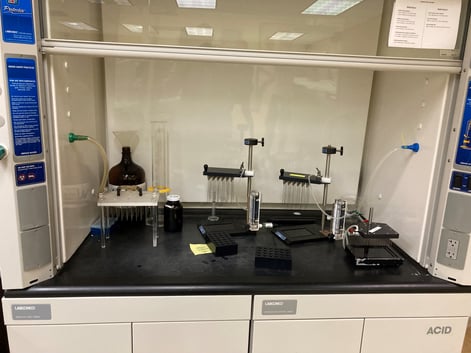
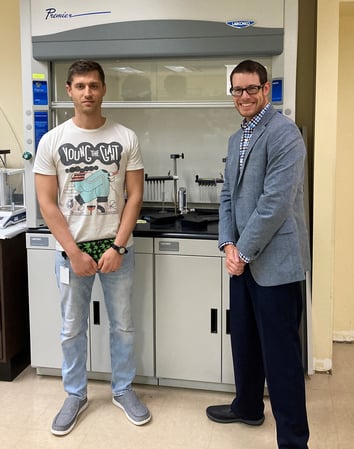
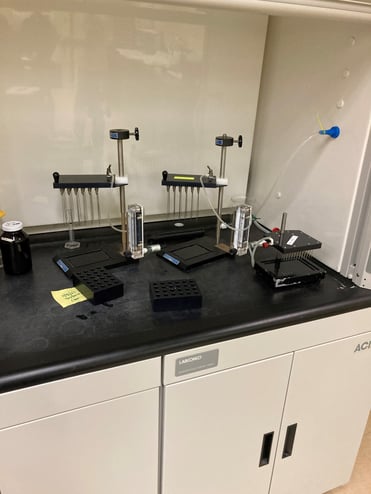
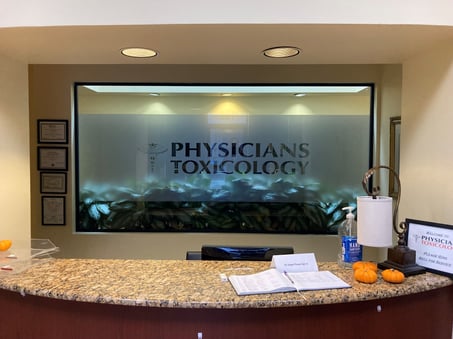
Last updated: June 20, 2024
